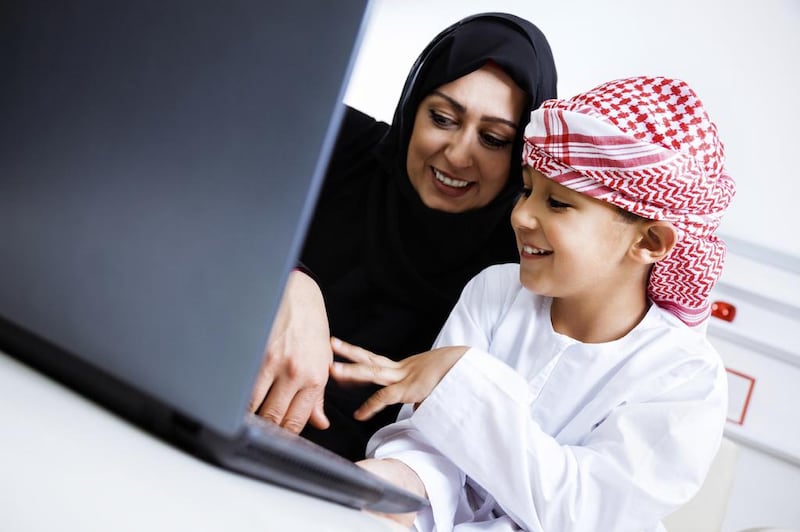Dolly Pentreath, a fish seller from Cornwall in the United Kingdom, had a saying: "My ny vynnav kewsel Sowsnek" ("I will not speak English"). Dolly died in 1777, and with her died the traditional Cornish language. Dolly is popularly known, if not in fact, as the last speaker of Cornish. Thanks to written sources, herculean efforts and a man who claimed that he kept the language alive by using it to communicate with his cat, Cornish was resurrected and it enjoyed a revival in the 20th century. Thus it lives on, precariously teetering along the precipice of linguistic extinction (there are just 300 present-day speakers and the numbers are dwindling).
Over the past century, approximately 400 languages – about one every 12 weeks – have gone extinct. Linguists project that between 50 per cent and 90 per cent of the world’s remaining 6,500 languages may vanish by the end of the 21st century. Only about 200 of the world’s languages have a written form, so in some cases when the last speaker of that tongue dies, the language is lost forever. Like the Baiji river dolphin, the Tasmanian tiger, the quagga (a type of zebra), the passenger pigeon, the western black rhino, languages are also becoming extinct. There is a clear parallel here between our shrinking biodiversity and a creeping linguistic and cultural homogenisation – a shrinking cultural diversity.
___________________________
More on Arabic language:
[ Ensuring Khaleeji culture survives dominates conference in Abu Dhabi ]
[ Is it better for your children to be reading in colloquial Arabic? ]
[ Emirati professor fighting to preserve endangered form of Arabic ]
___________________________
Arabic is far from being on the endangered-language list; it’s a civilisational tongue, one of the United Nations’ six official languages that is spoken by about a quarter of a billion people worldwide. However, in the UAE, where Arabic is a minority language, preservation and promotion of the language among the young generation has become crucial. The Arabian leopard is not yet extinct, but it has almost certainly vanished from the UAE.
Our research exploring the UAE's Twitter data confirms earlier research exploring Arabic's status in the country. Out of half a million unique UAE-based Twitter users, about 16 per cent define their language as Arabic, while 76 per cent opt for English. If we use geolocation to compare Dubai and Abu Dhabi, we can see that the rate of Arabic use is significantly lower in Dubai. Similarly, if we explore gender differences based on display names (Fatimas versus Mohammeds), we can see that the rate of Arabic use, relative to English, is significantly lower among females.
Twitter and other social media platforms are one way for us to monitor the revival or decline of Arabic in this country. What percentage of the UAE’s Twitter users will tweet in Arabic in 2030 – more than 16 per cent or less?
The direction of travel is likely to hinge on the effectiveness of the many government initiatives launched to preserve and promote the Arabic language. In 2012, Sheikh Mohammed bin Rashid, Vice President and Ruler of Dubai, launched the Arabic language charter, which is a definitive foundation and framework for all policies and laws related to preserving the Arabic language and promoting its use in public life. I walk past a copy of this charter every day. Written in Arabic, it stands proudly in my university canteen. I wonder how many of our students have read it. I wonder how many can't read it.
___________________________
More from opinion
[ Exporting Arabic ]
[ In celebration of a very rich language ]
[ Teachers cannot instil Arabic if parents do not ]
___________________________
In line with the charter is a directive requiring all retailers to provide invoices and receipts in both Arabic and English. This is scheduled to be implemented this year. Such initiatives have worked well in other parts of the world. Wales in the UK, for example, reasserted Welsh into public life and the results have been impressive.
Another key to preserving Arabic in the UAE is to promote its use among the expatriate population. The best way to keep something is to share it. Sharing Arabic, however, is difficult, as it requires learning how to teach and, more specifically, learning how to teach Arabic as a second language. It also requires humility, patience and a sincere desire to learn on the part of the student. If we can bring these things together, I predict that by 2030, the use of Arabic language in the UAE Twitter sphere will be way north of 16 per cent.
Dr Justin Thomas is an associate professor at Zayed University
___________________________
Follow The National’s Opinion section on Twitter





